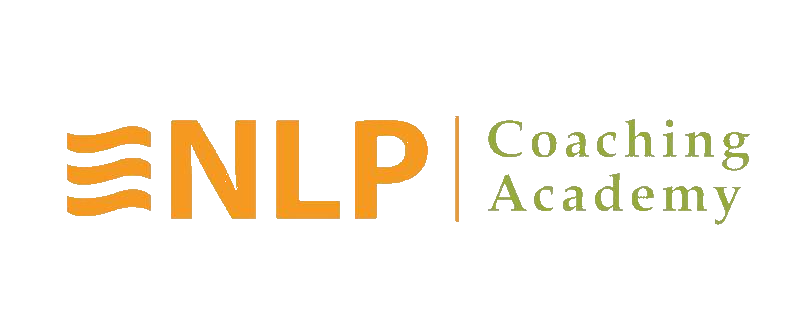NLP Technique Well Formed Outcomes
NLP Technique Well formed Outcomes / Goal Setting the NLP Way

NLP offers a comprehensive model for developing the NLP Technique Well formed outcomes. It uses the fundamentals of well-formedness to structure goals that are effective and keep one motivated. The reason they are effective is that they are formed well. Their structure and the design itself fit into our goals and their fulfillment.
Well-formedness in desired Outcomes
The mere fact that most people face issues with goal setting and fulfillment, makes it clear that it’s a complicated process. The process of moving from one’s present to the desired state is not usually easy.
In the pattern of well-formedness, we identify key factors that tell us what we want and to rearrange our responses. This helps in taking corrective steps to reach our goals faster. This pattern or NLP Technique also guides in helping someone and facilitating their goal attaining. If you are interested in reading about Top 10 NLP Techniques, then you can go through the link.
Key criteria that make an outcome well-formed:
1.State it in the positive:
Talk about what you want instead of focusing on what you do not want. “I don’t want to get angry.” “I don’t want to be late to work”. These are not so positive statements. Instead, focus on your outcome and state it accordingly like,
“I don’t want to get angry”. “I want to be calm”.
“I don’t want to waste my time.” “ I want to be more productive.
2.State what you can do- what lies within your area of control or response:
When you write sentences like “I want everyone around me to be respectful”. In this sentence, it’s evident that things aren’t in your control. This goal will demotivate you or disempower you. State things that are within your response-ableness. What specific actions you could take today to move towards your goals? Make a daily routine map which focuses on your time+ energy + focus.
3.Contextualize:
Elaborate specific environment, context, and situations revolving your goal. Say “I want to be fit and healthy in 2 months.” Rather than “I want to lose weight.” Be specific. Our neurology understands specifics and rewires according to it.
4.State in sensory-based words:
Elaborate what someone would see, sense and feel. Repeating this language over and over again trains us to think in terms of behavioral evidence. Say “I want to smile at people and be a good listener to them.” Instead of saying “ I want to be charismatic.”
5.State in bite-sized steps and stages:
You don’t want the goal to become overwhelming and undoable. What you want to do instead is, break it into bits that seem doable and achievable. Not “I will complete the book” but “I will read a chapter every day”. Not “I will gain double the mass” but “I will gain 2 kgs every month”.
6.Load up your description with resources:
You will need some resources to achieve your goals, what are they? For example, you want to gain a certain amount of weight by the end of the year. What are your sub-goals? You want to eat healthy fats, you want to start working out, and you want to quit your addictions. So, what are the resources here? For the task of gaining weight, you need internal resources like motivation, the belief that “I can do it” etc and for external resources, “you have access to the gym”, “healthy fats” etc. Add new and more resourceful resources along your way to your outcome as they will help you in achieving faster.
7.Check for ecology:
Check the impact of going after the goal and how it affects your actions on yourself. Example: If I have to get fit, I will have to spend time working out and cooking the right diets. This will impact the time I spend with my spouse, among other things. Check if your goal aligns with your overall personality and lifestyle? Does it fit your overall functioning and the people close to you?
8.Specify evidence for fulfillment:
How would you know once you have achieved your goal? You should specify evidence that alerts you when you have successfully fulfilled your goal.
For example, it could be when the effort shows positively on the weighing machine or when you can climb a mountain without oxygen support. This evidence attached to your goals will help you see how far you have come in your journey.
So, if you are looking for NLP Technique well-formed outcome, it goes a long way in planning things accurately with a determined specific, measurable action where the goal is realistically attainable with specific time-bound action.

